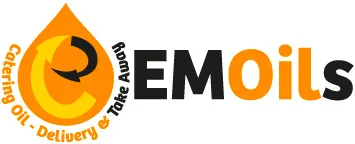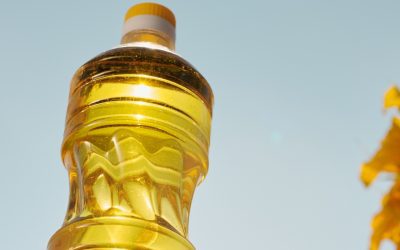If your business has waste oil and subsequently needs to dispose of said waste oil, then what on earth can you do to get rid of it in the most responsible way? Fortunately, this guide aims to answer that question in detail, offering up the best options on how you can effectively get rid of waste oil in an environmentally friendly manner! Read on to find out more from the viewpoint of a waste oil specialist.
What is waste oil?
Commercial waste oil is defined as oil that, through contamination and use, has become unsuitable for its original purpose due to the presence of impurities or loss of original properties. This might mean that a deep-fat fryer that uses considerable volumes of vegetable oil in your restaurant could be a prime example of something that creates waste oil.
How can it be harmful to the environment?
Improper waste oil disposal is harmful to the environment in a number of ways, and it’s so damaging to wild ecosystems and populated areas alike. Abandoned waste oil drums can be a real problem, as they will likely leak into the surrounding environment and leave waste oil all around them. The result is a serious, dangerous situation that can have damaging effects. If waste oil makes its way into water supplies or drainage systems, then the creation of ‘fatbergs’ becomes more and more common. These fatbergs can actually clog up man-made waterways or block sewage systems, causing all manner of damage. Waste oils and fats can easily solidify if they encounter colder temperatures too, leading to even more issues like overflowing pipes and flooding of contaminated water.
How can waste oil be collected responsibly?
Here are some proper ways to dispose of your old cooking oil:
- Recycle it. Recycling your waste oil is easy, as it can be turned into biodiesel fuel and therefore reduce your carbon footprint and help the environment due to your extension of the oil’s lifespan.
- Safe disposal. If you are unable to recycle or reuse your old cooking oil, then you need to dispose of it properly by contacting a trusted waste management facility like EM Oils.
- Reuse it. You might be able to use your cooking oil more than once, so always look into this option before you simply get rid of it.
Why visit a specialist to dispose of waste oil?
Visiting a specialist to dispose of waste oil will ensure you get the best results from your efforts. A specialist knows how to minimize their impact on the environment, helping you to keep a clear conscience that your waste oil isn’t harming the planet. It also helps to keep sewers and drains clean, as of course old oil can solidify and clog up pipes if you make the mistake of pouring it down the drain. Utilising expert waste oil disposal can also help to minimize pollution, as it can leach into the ground and surrounding waterways when it’s disposed of in landfills, and even release harmful gases into the air when it decomposes. Contacting a trusted specialist to help you with your waste oil disposal is no doubt the right choice to make.
Get in touch with EM Oils today if you need help with your waste oil disposal efforts!



